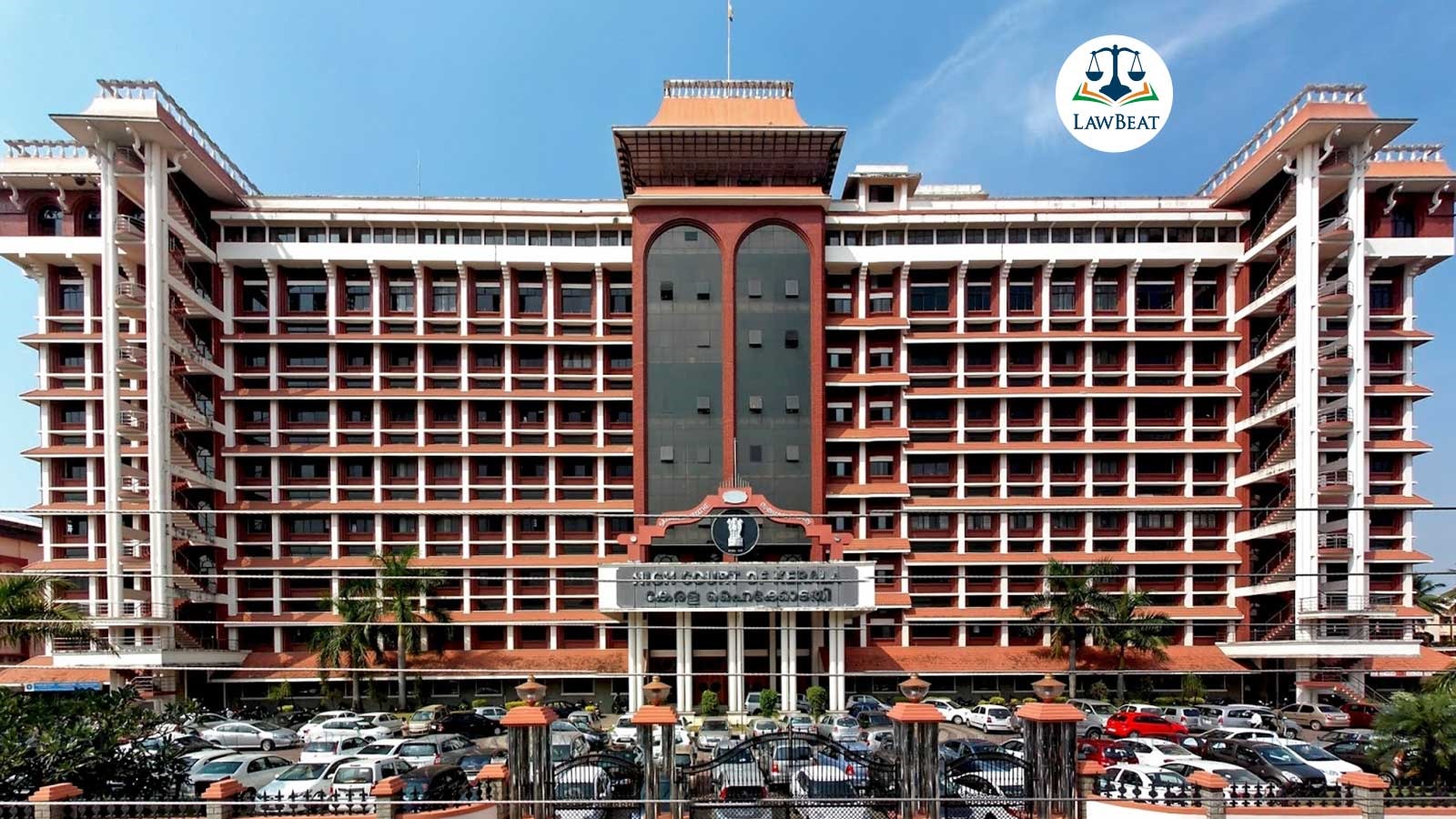Court Duty-Bound to Restore Litigant’s Position if Loss Caused by Judicial Negligence : Kerala HC

The court was hearing a case under Sections 376 of the IPC and the POCSO Act, where the Special Court directed the petitioner to submit a blood sample for DNA profiling, and the High Court held that this was crucial for a fair trial, as it could either implicate or exonerate the accused, and despite the court's delay in considering the petition, further investigation was justified
The Kerala High Court has emphasised that the restitution of a litigant for losses suffered due to judicial negligence is a fundamental principle of Indian judiciary and jurisprudence. Citing the legal maxim Actus Curiae Neminem Gravabit—meaning “an act of the Court shall prejudice no-one’ or nobody should be allowed to suffer for the fault of the court”—the Court stated that “if any loss is suffered by a litigant due to the negligence of the Court, it becomes the duty of the Court to restore the matter as it would have been before the mistake of the Court.”
Justice A. Badharudeen, presiding over the court, underscored that this principle applies not only when the Court has acted erroneously but also when the Court's decision was influenced by incomplete or inaccurate facts or legal arguments. The Court held that if a party suffers a monetary loss due to such an order, they are entitled to compensation.
The court further clarified, “The factor attracting applicability of restitution is not the act of the Court being wrongful or a mistake or error committed by the Court; the test is whether on account of an act of the party persuading the Court to pass an order held at the end as not sustainable, has resulted in one party gaining an advantage which it would not have otherwise corned, or the other party has suffered an impoverishment which it would not have suffered but for the order of the Court and the act of such party.”
The case before the High Court involved the petitioner accused of offences under Section 376 of the Indian Penal Code (rape) and various provisions of the Protection of Children from Sexual Offences (POCSO) Act. The Special Fast Track Court overseeing the case had completed prosecution evidence when it noticed a 2017 prosecution petition requesting DNA profiling of the accused. The Court subsequently ordered the petitioner to provide a blood sample for DNA profiling, prompting the petitioner to challenge this order in the High Court, arguing that the delayed consideration of the DNA petition would prejudice his case.
The petitioner’s counsel, Advocate G. Priyadarsan Thampi, argued that the prosecution's evidence had already been recorded, and further investigation at this late stage violated the accused's right to a fair trial, requesting the court to interfere with the Special Court’s order. The petitioner cited the High Court’s decision in Thankappan V.E. v. State of Kerala (2022), where it was held that a court could order a blood test even after the final report had been filed, provided it did not interfere with the accused's right to a fair trial.
The prosecution, represented by Senior Public Prosecutor Renjit George, however, argued that the order to collect DNA evidence was crucial, as forensic examination had detected human spermatozoa on the victim's clothing and bedsheet, making the DNA profile essential for the case.
The court held that the delay in addressing the DNA petition was the fault of the Court and did not prejudice the accused. “Even though this application is found to be allowed at a belated stage, and the delay itself is the fault of the court and the same, in no way, would prejudice the prosecution, there is no legal embargo in allowing the petition to obtain crucial evidence as far as the prosecution is concerned, in a case, where serious offences are alleged against the accused,” the court observed.
The court concluded that restoring the matter as it would have been before the court's error was essential to ensure justice.
Therefore, the court dismissed the petition, affirming the Special Court’s order for the DNA profiling of the accused, and vacated the interim order.
Cause Title: Sreejith Mon v. State of Kerala & Another [Crl.MC 6648 of 2024]
